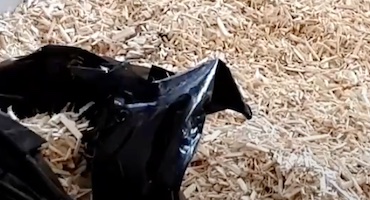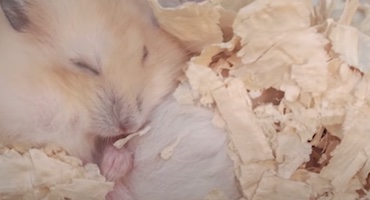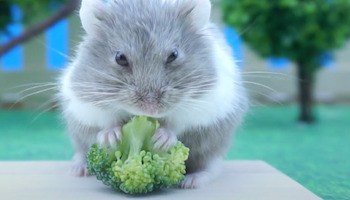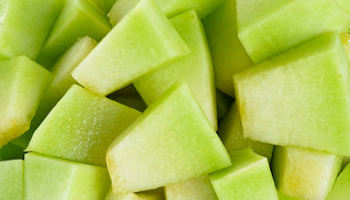Mandarins are certainly delicious for humans to eat, but because of their strong acidity, hamsters are unable to consume them. Hamsters who eat mandarins may have stomach discomfort, diarrhoea, and bloating due to the fruit’s high acid content. Due to their delicate digestive systems, hamsters may experience gastrointestinal issues if their diet is suddenly changed.
What happens if your hamster consumes a small piece of mandarine?
You shouldn’t be alarmed if you accidentally give your hamsters a tiny bit of mandarine. Even though your hamsters generally shouldn’t eat mandarine, if they do so just once, it shouldn’t seriously harm them.
However, you should take your hamster to the veterinarian right away if you notice any changes in their health, like vomiting or diarrhoea.
Start off with a very little slice of mandarine if you truly want to give some to your hamster. The seeds and peel should both be removed because your young hamster cannot handle them.
Give your hamster a little bit of mandarine—about the size of a paw—and observe how they respond to it. Most likely, your hamster will reject it because it is far too acidic! In order to prevent the mandarine from rotting within the cage, you should now carefully remove the uneaten portion from the cage.
Conclusion
Although mandarins offer numerous health advantages for people, they also contain a lot of acid, which can lead to stomach troubles and other health concerns. Additionally, the mandarin’s peel may contain toxic chemicals and be difficult to digest. It’s critical to provide your hamster with a nutritious meal that is balanced and diverse and fits their needs without being overly high in sugar or acid. The best course of action is to speak with a veterinarian if you have any worries about your hamster’s nutrition or general health.
Share
Related Posts
Just like any other creature on earth, your pet hamsters also need regular clean and freshwater for [...]
Your furry little hamster pets love to eat all kinds of foods and treats. As a pet owner, [...]
Watching your little hamsters enjoying their meals and treats can be a real pleasure for pet owners. However, [...]







